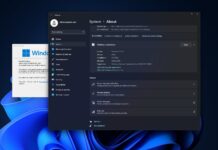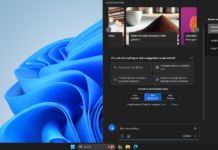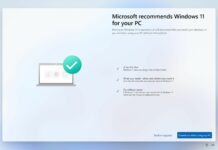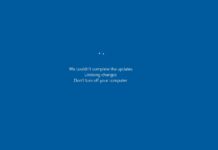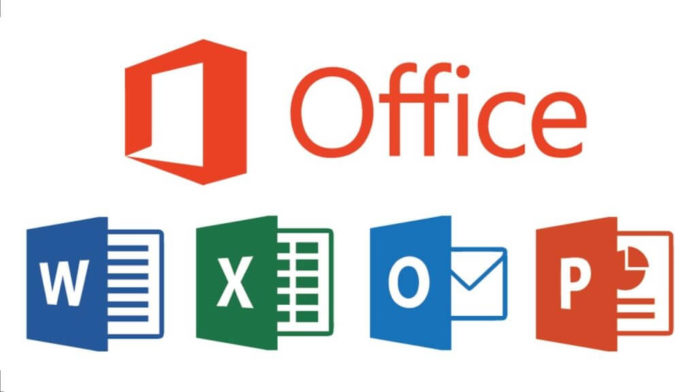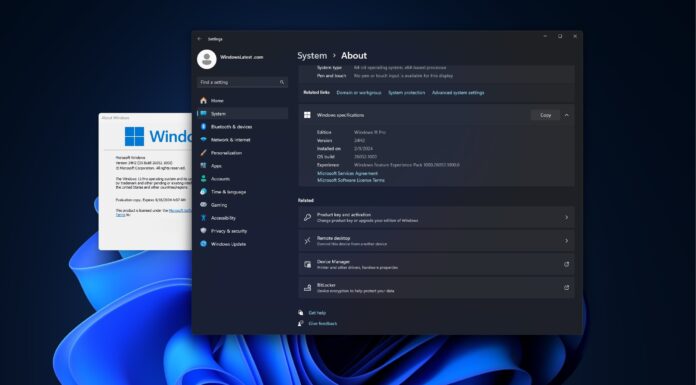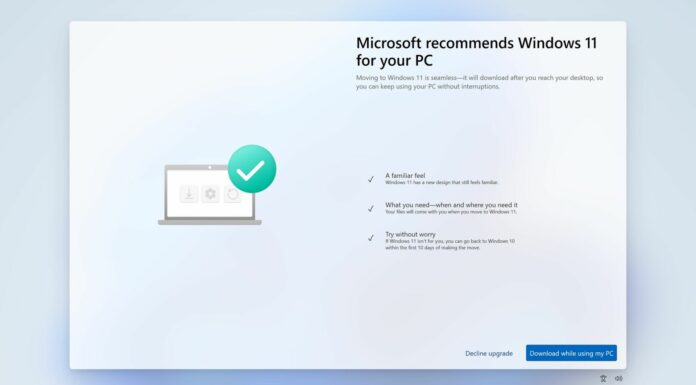Last Years’ quarterly earnings reports from Microsoft showed that they are on a very good path as far as their strategy is concerned. Microsoft reported about the generation of about 29 billion dollar revenue for the last quarter of 2017. Microsoft has seen a considerable growth in their Office and Azure cloud services.
A large part of this quarterly revenue was generated by Microsoft Office and to be specific around $8 billion out of $28 billion is from Office Productivity Suite. And the reason for increasing Market stock value since Nadella became CEO is because of their strategy of focusing only on their profitable products and entering into services for future.
But even after Microsoft showing such healthy sign of growth for their Office portfolio recent report from European Multinational Airbus will be adapting to the Google’s G Suite of productivity apps for all of their 130000 employees henceforth abandoning their support for existing Office platform for their employees. And throughout the next couple of years, Airbus will transition their devices from Office to G Suite for their productivity applications.
It has been a surprise move from Airbus considering that Microsoft Office has been growing at a rapid pace from last couple of years and many companies have decided to jump to Office Suite of productivity applications for there employees. Airbus has not given any particular reason as to why they have decided opted for G suite on there devices. We are still waiting for any official comment by Microsoft representative regarding this decision of Airbus.
Nevertheless, Microsoft would definitely try not to be distracted from these reports and continue their good work and improve the Office Suite as much as they can. Microsoft has already confirmed that Office 2019 will be available later this year and is expected to work exclusively for machines running Windows 10.

